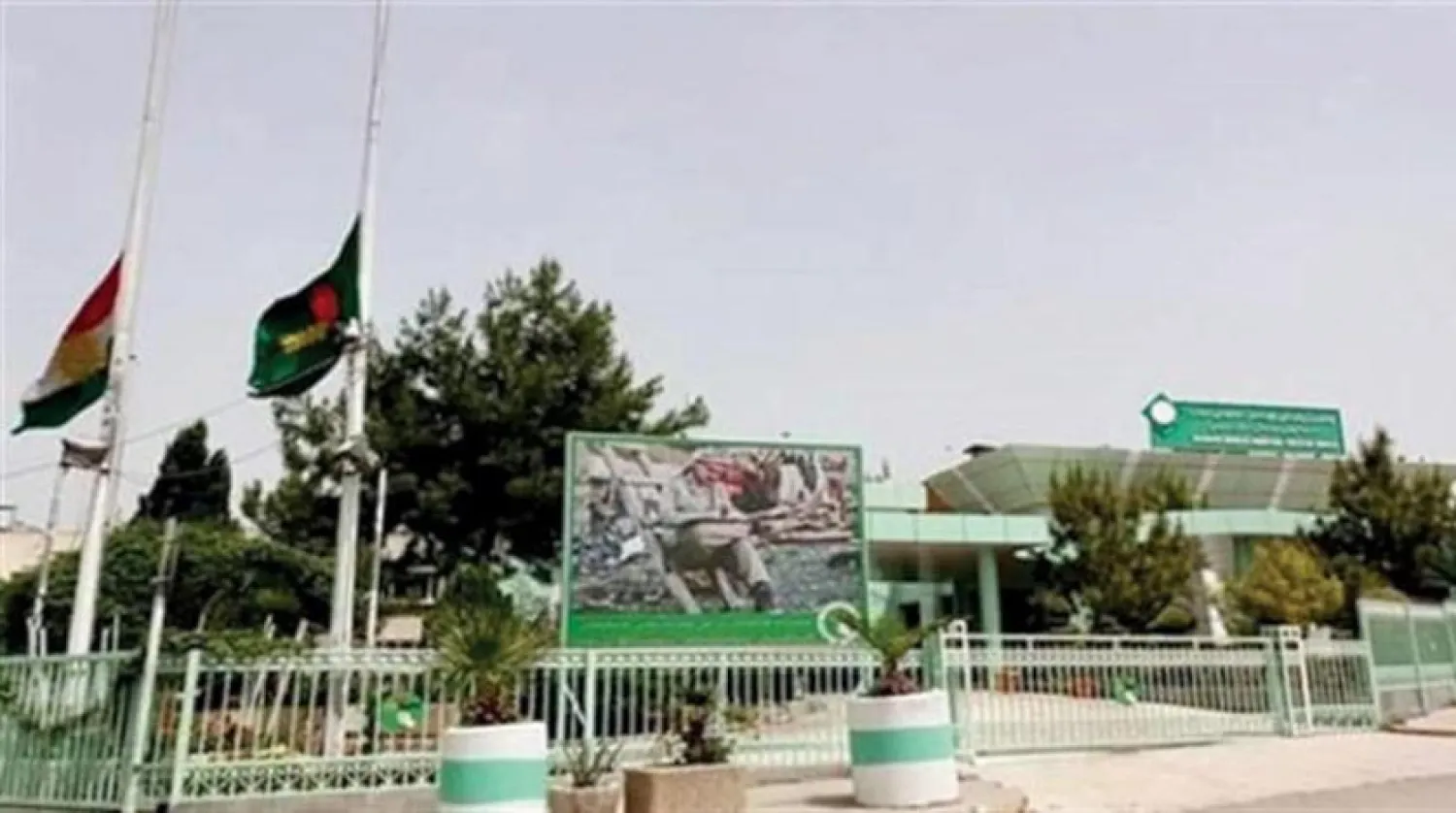Lahur Talabany, co-chair of the Patriotic Union of Kurdistan (PUK), was expelled from the party on Tuesday alongside three other leadership members because of an internal rift.
As a result of the power struggle, assassination attempts were carried out against several PUK leaders, including Mala Bakhtiyar.
Four other PUK members, some of whom did poorly in the recent parliamentary elections, were also ejected from the party. A source within the party identified them as Shadman Mala Hassan, Ala Talabani, Zhino Mohammed, and Aras Sheikh Jangi.
The source, who spoke to Asharq Al-Awsat on condition of anonymity, confirmed that “the decision came following the results of the elections and the developments of the internal conflict between the wings of the PUK.”
Disputes have been on the rise between Bafel Talabani, co-chair of the PUK, and his cousin, Lahur Talabany.
The Evaluation and Follow-up Committee, formed by the PUK’s political bureau, works to assess internal conditions, and its decisions are supposed to be ratified by the party’s Supreme Political Council.
LahurTalabany, in a Facebook post, announced that “the party’s Leadership Council, as the highest authority, is working to meet as soon as possible to play its role in finding solutions to the crisis that the PUK is going through.”
After Lahur Talabany was forced out, Bafel Talabani claimed he had been poisoned by people close to his rival.
Bakhtiyar, a senior official PUK and father-in-law to Bafel Talabani, also claimed this week that he had been poisoned and is receiving treatment in Germany. On Monday, he blamed “comrades” for the poisoning without naming anyone.
Lahur Talabany said the party must “avoid these accusations” and called on the Leadership Council to convene soon to resolve the rift, saying: “If there is an issue within the party, then that must be resolved through the party’s official organs.”









